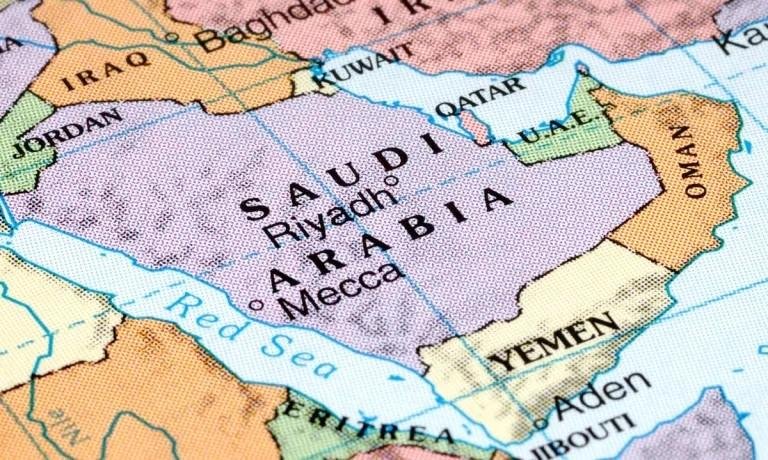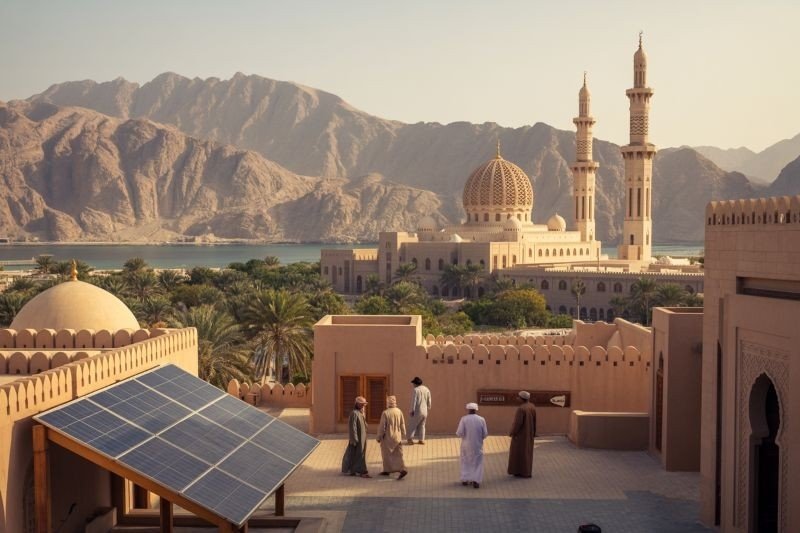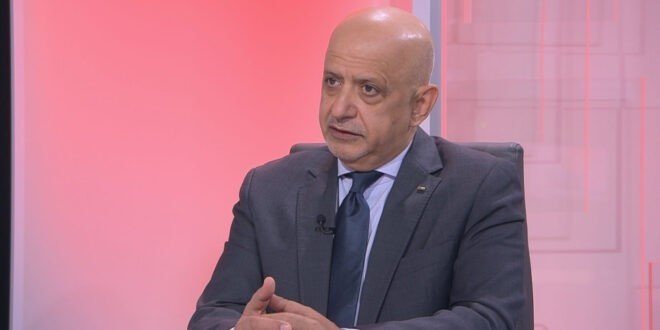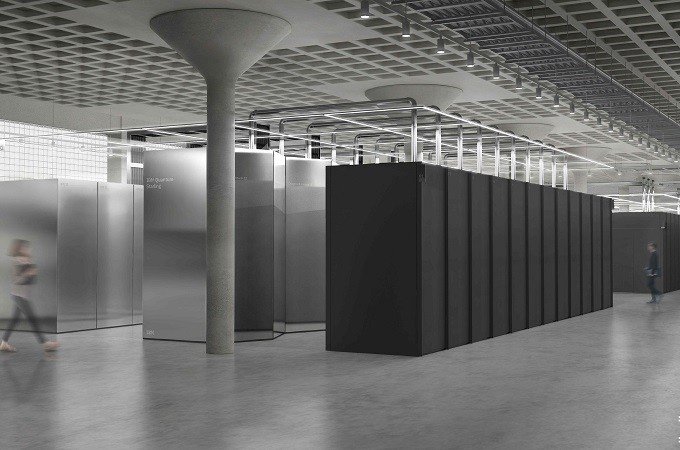Saudi Arabia and the United Arab Emirates are engaged in a high-stakes race to establish themselves as the premier artificial intelligence (AI) technology hubs in the Middle East. Both nations are investing billions, forging strategic alliances with U.S. tech giants, and planning some of the world’s largest data center clusters to diversify their oil-dependent economies and drive growth through AI.
Saudi Arabia’s Vision 2030 strategy emphasizes AI as central to economic transformation, with 70% of its goals linked to data and AI, according to the Saudi Data and AI Authority. The UAE took an early lead by appointing a minister of state for AI in 2017 and founding Mohamed bin Zayed University of Artificial Intelligence (MBZUAI), which is now opening a Silicon Valley AI lab. However, Saudi Arabia has surged ahead with major investments and state-backed initiatives.
Key Saudi commitments include:
- Humain, a Public Investment Fund (PIF) backed AI company, planning a $10 billion venture capital fund.
- A $10 billion joint investment by Google Cloud and PIF to build and operate an AI hub.
- AWS and Humain’s $5 billion joint investment to develop an “AI Zone” in Saudi Arabia, supplementing an earlier $5.3 billion AWS region project.
- Oracle’s announcement of a $14 billion investment over ten years in Saudi Arabia’s digital cloud and AI infrastructure.
- Equinix’s reported $1 billion data center project for cloud, AI, and enterprise workloads.
The UAE’s major AI investments include:
- MGX, a Mubadala and G42-backed investment firm targeting $100 billion for AI infrastructure, chips, and core AI technologies. MGX is an investor in OpenAI’s $500 million Stargate data center project.
- Stargate UAE, a proposed 1-gigawatt AI data center cluster involving OpenAI, G42, Oracle, Nvidia, and SoftBank, with 200 megawatts expected operational by 2026.
- Abu Dhabi’s $3.54 billion investment to automate government processes as part of its Digital Strategy 2025–2027.
The competition unfolds amid U.S.-China rivalry over AI dominance, with former President Trump’s visit reinforcing Gulf ties to U.S. technology by lifting chip restrictions.
Data center capacity plays a critical role in AI supremacy. As of early 2025, Saudi Arabia and the UAE have 300+ MW and 250+ MW of capacity respectively. However, Saudi Arabia’s planned capacity of 2,200 MW far outpaces the UAE’s projected 500 MW.
According to the International Institute of Strategic Studies (IISS), Israel leads AI preparedness in the Middle East, followed by the UAE and Saudi Arabia, with Qatar, Oman, and Bahrain trailing.
Despite deep pockets and cheap energy, challenges remain: neither country has produced frontier AI models like OpenAI’s GPT-4 or China’s DeepSeek, and skilled AI talent is limited. Building a robust innovation ecosystem will take time.
Still, the AI race is no longer Silicon Valley or Shenzhen-centric. Riyadh and Abu Dhabi are now shaping the future of artificial intelligence.
















Hiya, I am really glad I have found this info. Today bloggers publish just about gossips and internet and this is really annoying. A good website with interesting content, this is what I need. Thank you for keeping this web-site, I will be visiting it. Do you do newsletters? Cant find it.
This web site is really a walk-through for all of the info you wanted about this and didn’t know who to ask. Glimpse here, and you’ll definitely discover it.